Ethics
Recent articles
Stories about scientific misconduct, retractions, debates over research standards, and more
‘Bioethics and Brains: A Disciplined and Principled Neuroethics,’ an excerpt
In their new book, published earlier this week, Giordano and Shook examine how ethics can guide neuroscience research and its real-world applications.
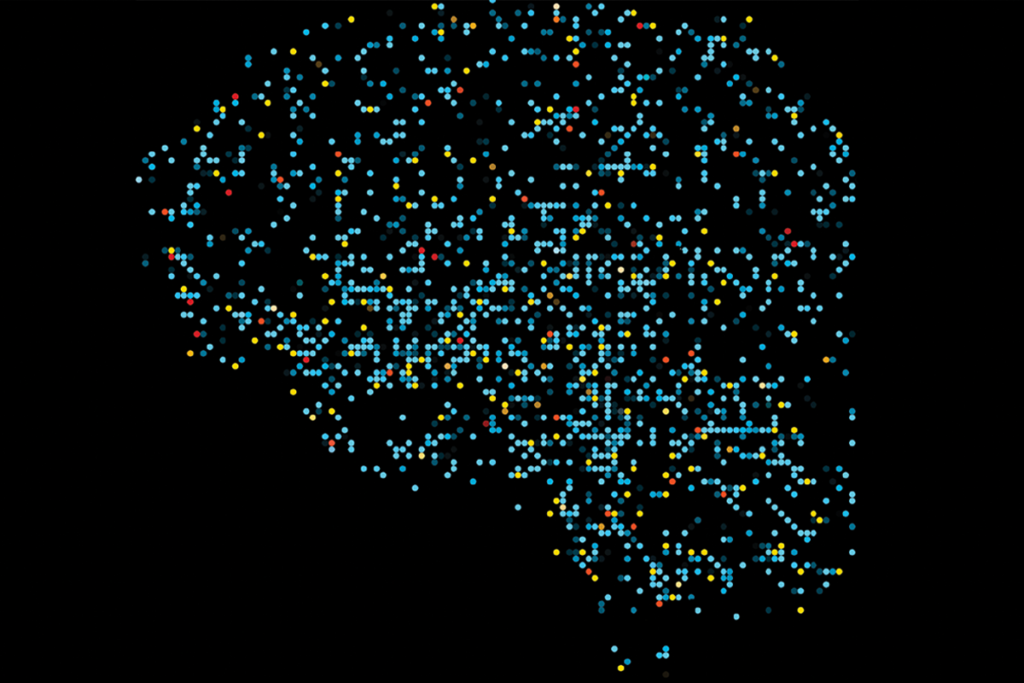
‘Bioethics and Brains: A Disciplined and Principled Neuroethics,’ an excerpt
In their new book, published earlier this week, Giordano and Shook examine how ethics can guide neuroscience research and its real-world applications.
‘Doctored: Fraud, Arrogance, and Tragedy in the Quest to Cure Alzheimer’s,’ an excerpt
In his new book, published today, investigative journalist Charles Piller tells the story of the scientific misconduct that shook Alzheimer’s disease research to its core, and the neuroscientist who helped to expose it.

‘Doctored: Fraud, Arrogance, and Tragedy in the Quest to Cure Alzheimer’s,’ an excerpt
In his new book, published today, investigative journalist Charles Piller tells the story of the scientific misconduct that shook Alzheimer’s disease research to its core, and the neuroscientist who helped to expose it.
Protocol-sharing site aims to ease administrative burden of animal research
The library of regulatory-compliant animal procedures offers experimental standards and specific language that researchers can borrow for their own legal paperwork.

Protocol-sharing site aims to ease administrative burden of animal research
The library of regulatory-compliant animal procedures offers experimental standards and specific language that researchers can borrow for their own legal paperwork.
Spectrum 2024: Year in review
We round up our most notable autism stories of the past 12 months.
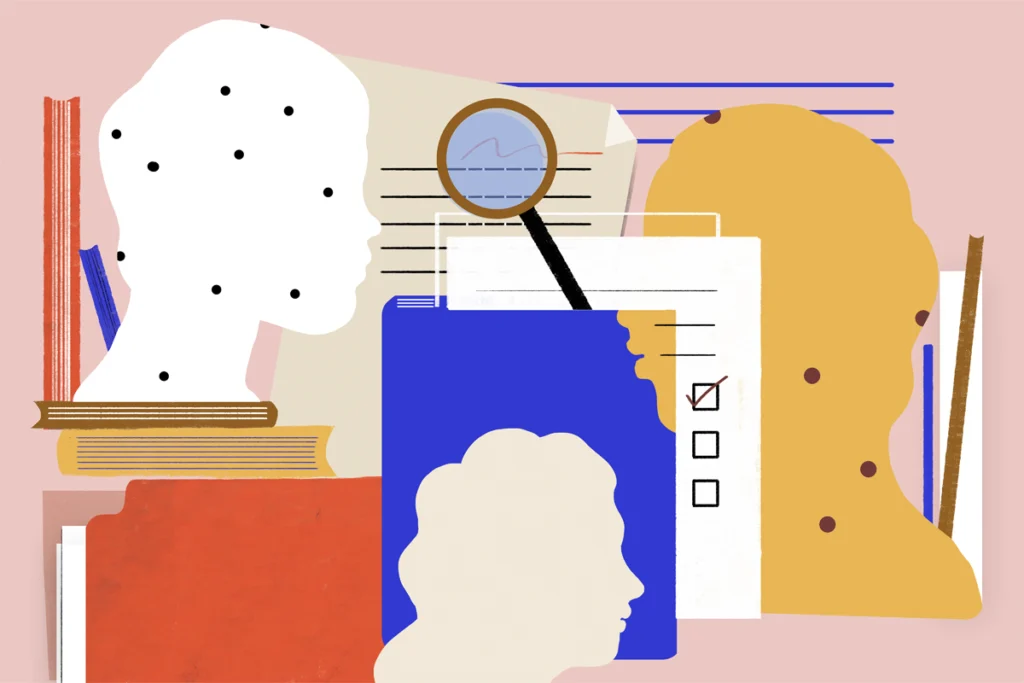
Spectrum 2024: Year in review
We round up our most notable autism stories of the past 12 months.
Former Columbia University psychiatrist committed research misconduct, says federal watchdog
Bret Rutherford, whose research was halted following a suicide in a clinical trial, falsely reported participant eligibility, according to the U.S. Office of Research Integrity.

Former Columbia University psychiatrist committed research misconduct, says federal watchdog
Bret Rutherford, whose research was halted following a suicide in a clinical trial, falsely reported participant eligibility, according to the U.S. Office of Research Integrity.
A scientific fraud. An investigation. A lab in recovery.
Science is built on trust. What happens when someone destroys it?

A scientific fraud. An investigation. A lab in recovery.
Science is built on trust. What happens when someone destroys it?
Creating a more inclusive autism research community
The Transmitter rounds up efforts to improve equity and diversity both within the field and in research projects.

Creating a more inclusive autism research community
The Transmitter rounds up efforts to improve equity and diversity both within the field and in research projects.
Is it time to worry about brain chimeras?
Brains made of neurons from two species raise new concerns.
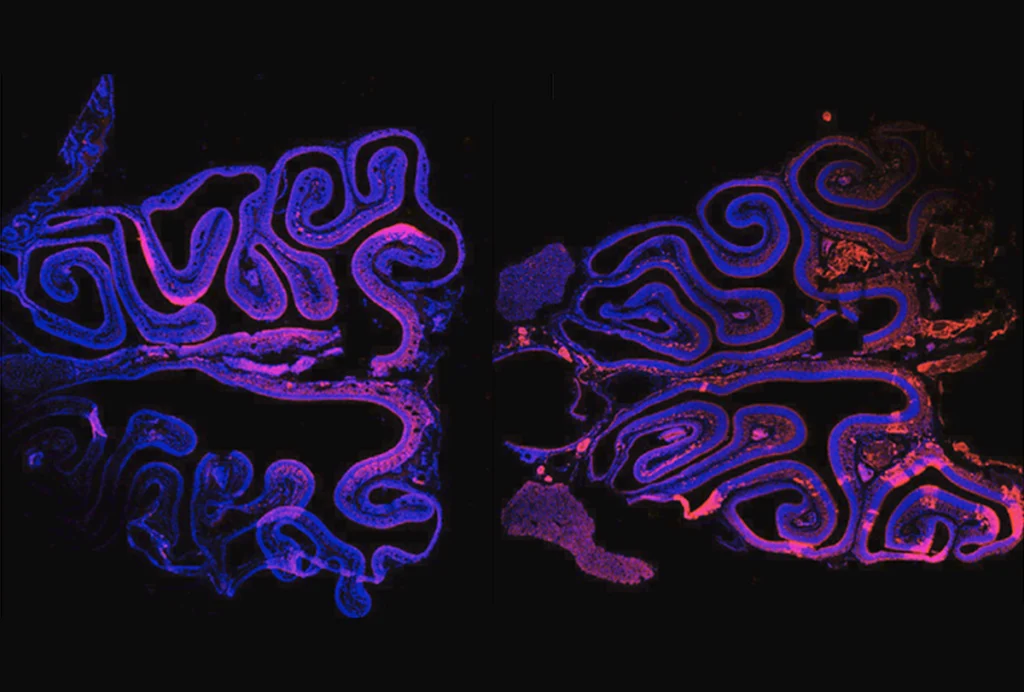
Is it time to worry about brain chimeras?
Brains made of neurons from two species raise new concerns.
The perils of parachute research
Scientists who study autism in lower-income countries are working to end practices that exploit or ignore collaborators and communities on the ground.
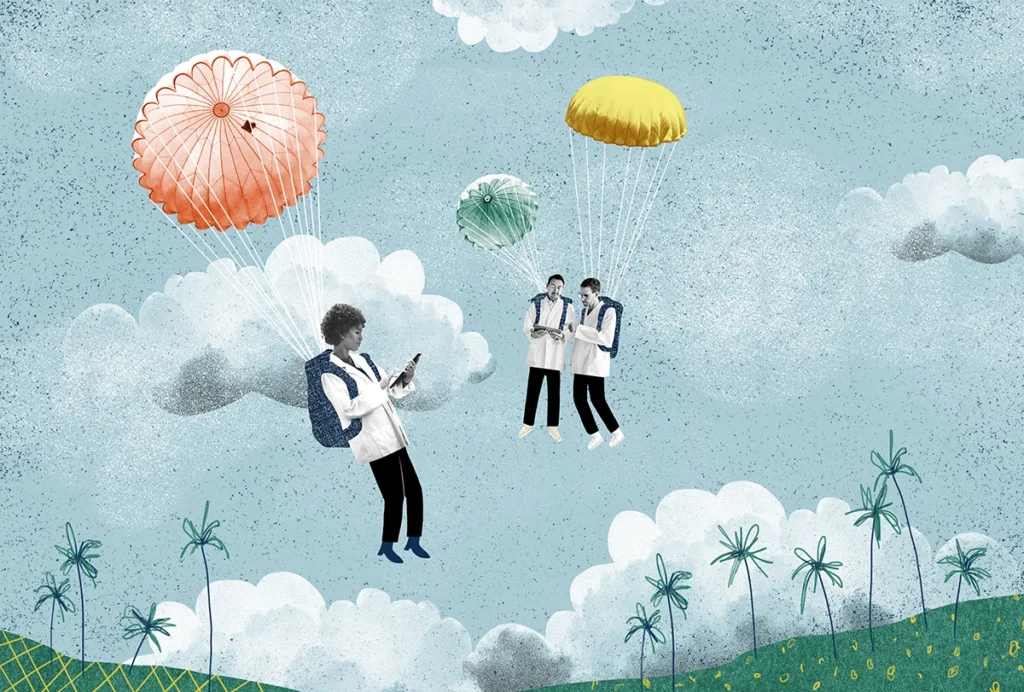
The perils of parachute research
Scientists who study autism in lower-income countries are working to end practices that exploit or ignore collaborators and communities on the ground.
‘Star’ neuroscientist faked data in paper and grant applications, U.S. government finds
The faked data, which was part of research on the genetic mechanisms of synaptic plasticity, was used to obtain more than $1.4 million in federal funding.

‘Star’ neuroscientist faked data in paper and grant applications, U.S. government finds
The faked data, which was part of research on the genetic mechanisms of synaptic plasticity, was used to obtain more than $1.4 million in federal funding.
Explore more from The Transmitter
PTEN problems underscore autism connection to excess brain fluid
Damaging variants in the autism-linked gene cause congenital hydrocephalus—a buildup of cerebrospinal fluid in the brain—by turbocharging a downstream signaling pathway that promotes the growth of cells, according to a new study.

PTEN problems underscore autism connection to excess brain fluid
Damaging variants in the autism-linked gene cause congenital hydrocephalus—a buildup of cerebrospinal fluid in the brain—by turbocharging a downstream signaling pathway that promotes the growth of cells, according to a new study.
U.S. health agency purge includes 10 lab heads at National Institute of Neurological Disorders and Stroke
The reasons for selecting these researchers—who have led work on neuronal migration, dopamine receptors in neuronal signaling and the structure of ion channels, among other areas—remain unclear.
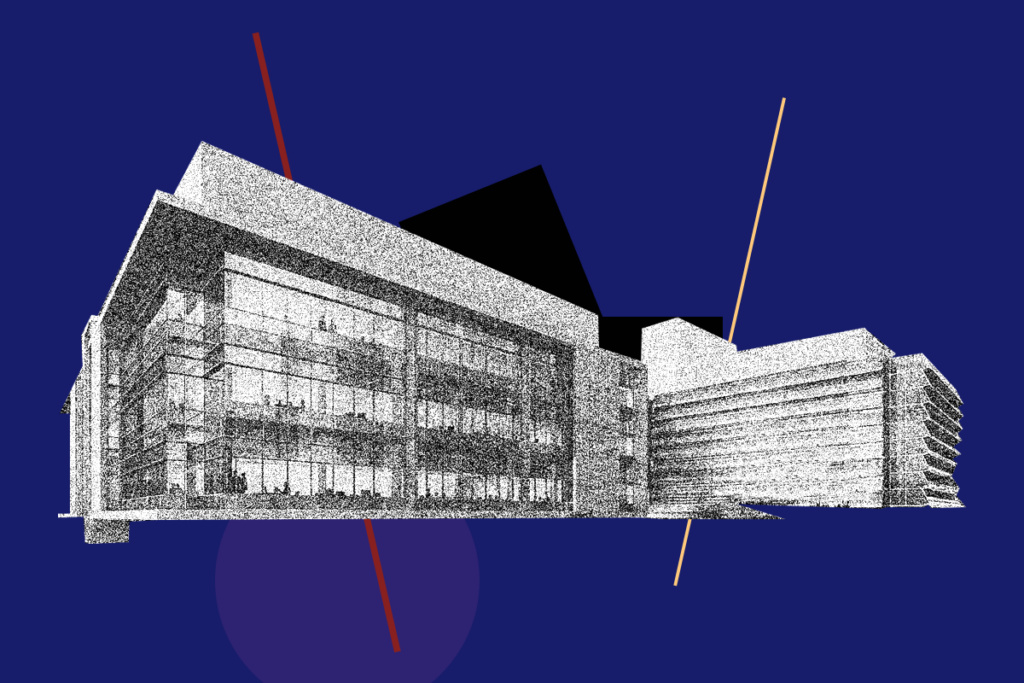
U.S. health agency purge includes 10 lab heads at National Institute of Neurological Disorders and Stroke
The reasons for selecting these researchers—who have led work on neuronal migration, dopamine receptors in neuronal signaling and the structure of ion channels, among other areas—remain unclear.
Five things to know if your federal grant is terminated
If you want to appeal the decision, know the rules that govern terminations, as well as the specific rationale given in your notice, science policy experts say.

Five things to know if your federal grant is terminated
If you want to appeal the decision, know the rules that govern terminations, as well as the specific rationale given in your notice, science policy experts say.